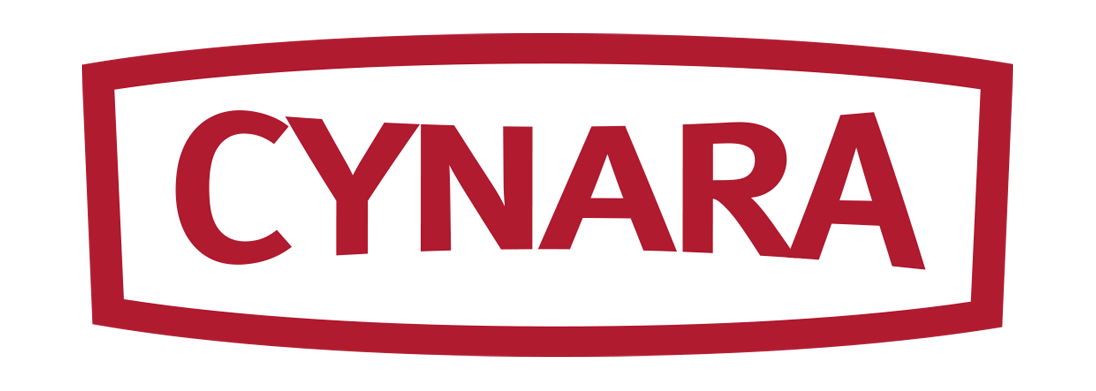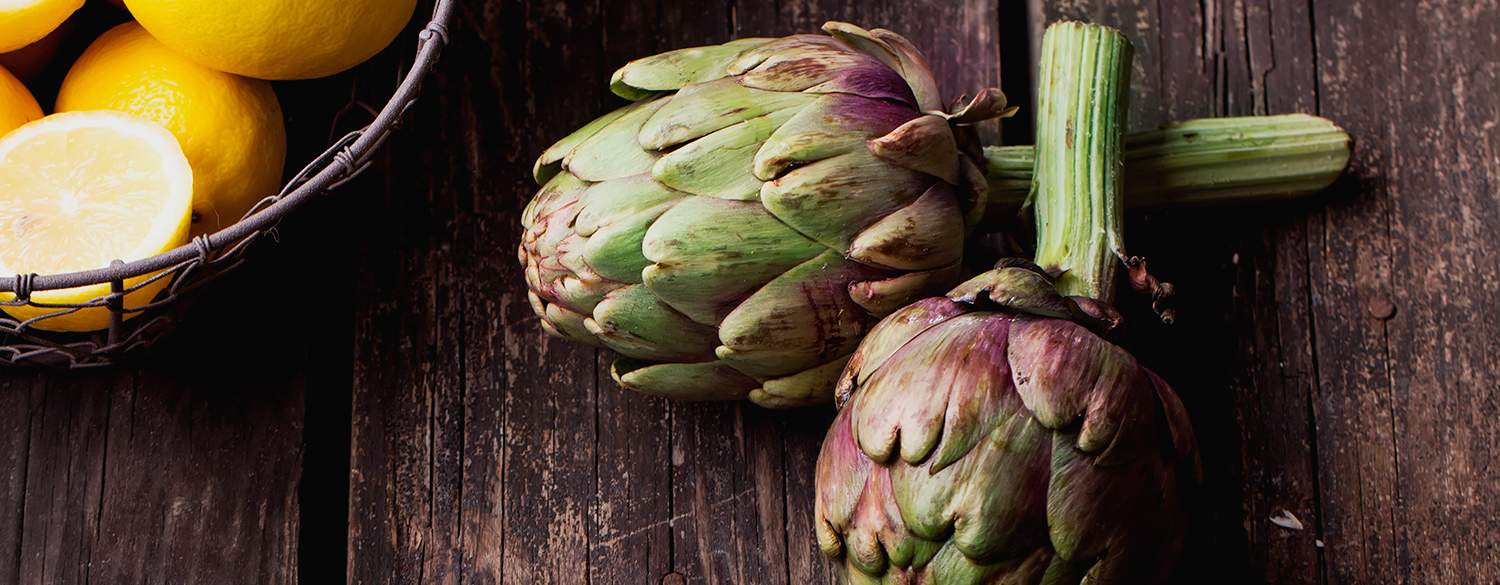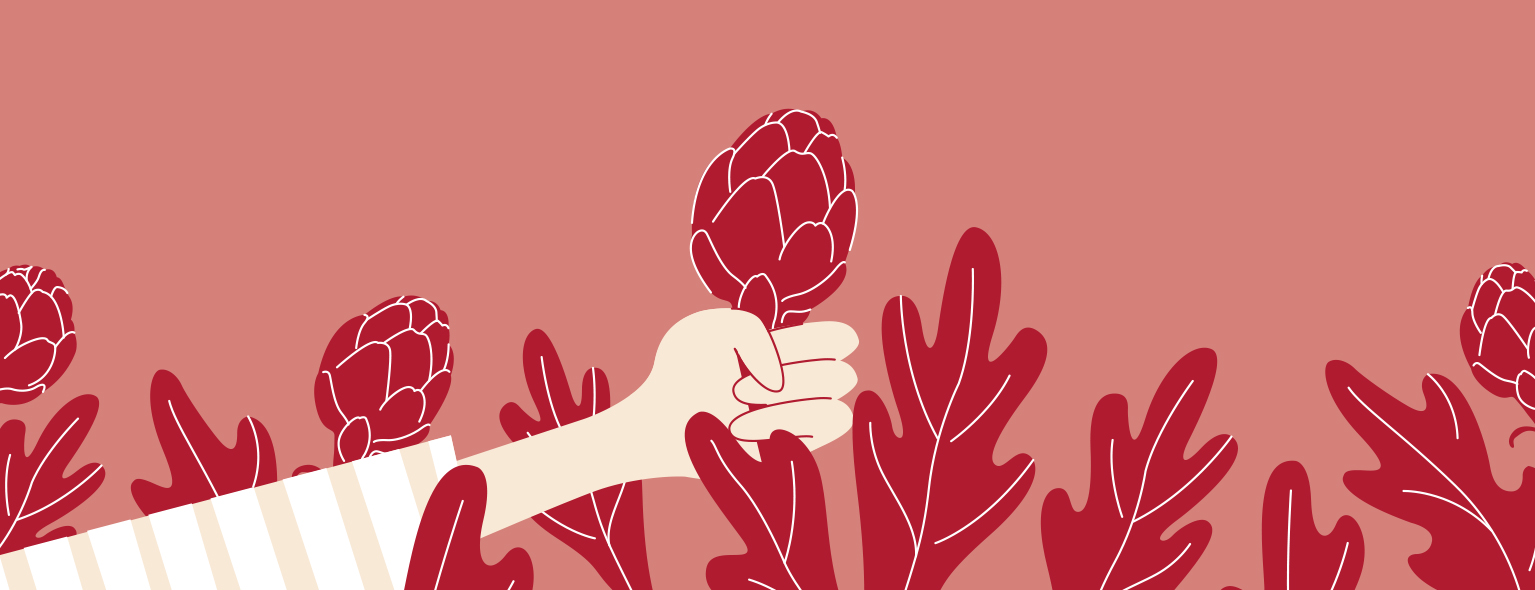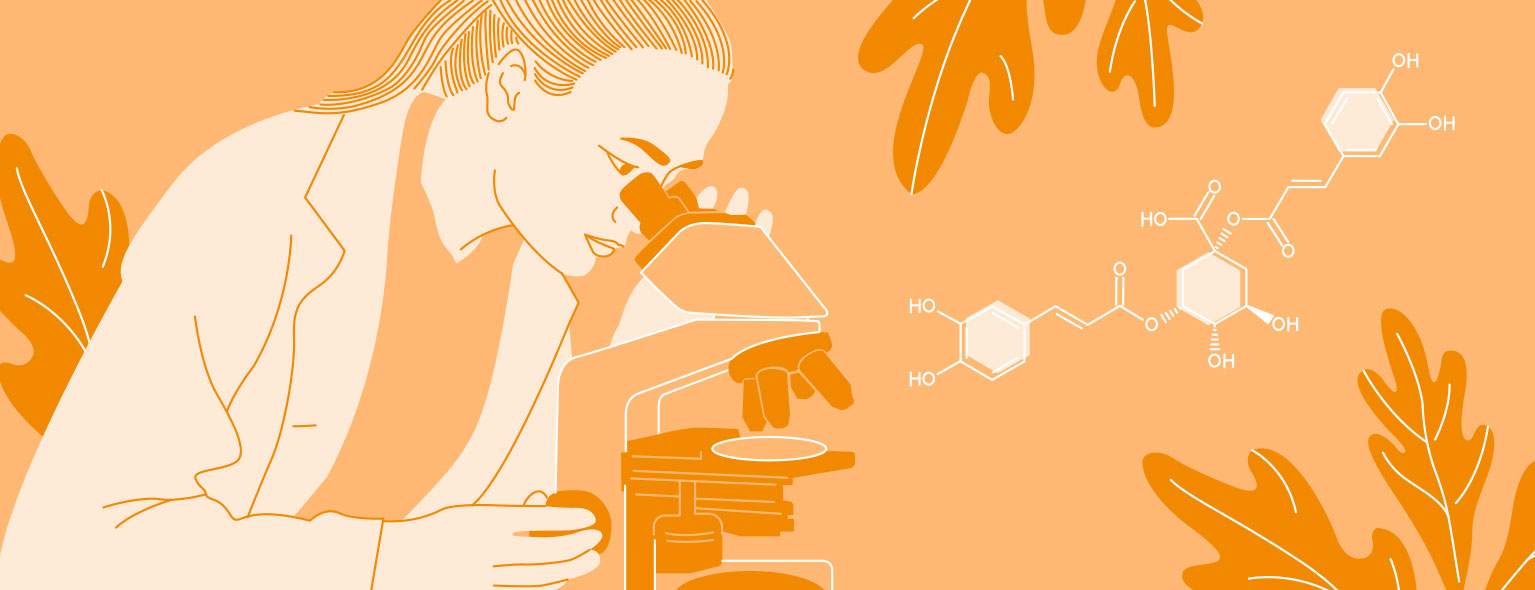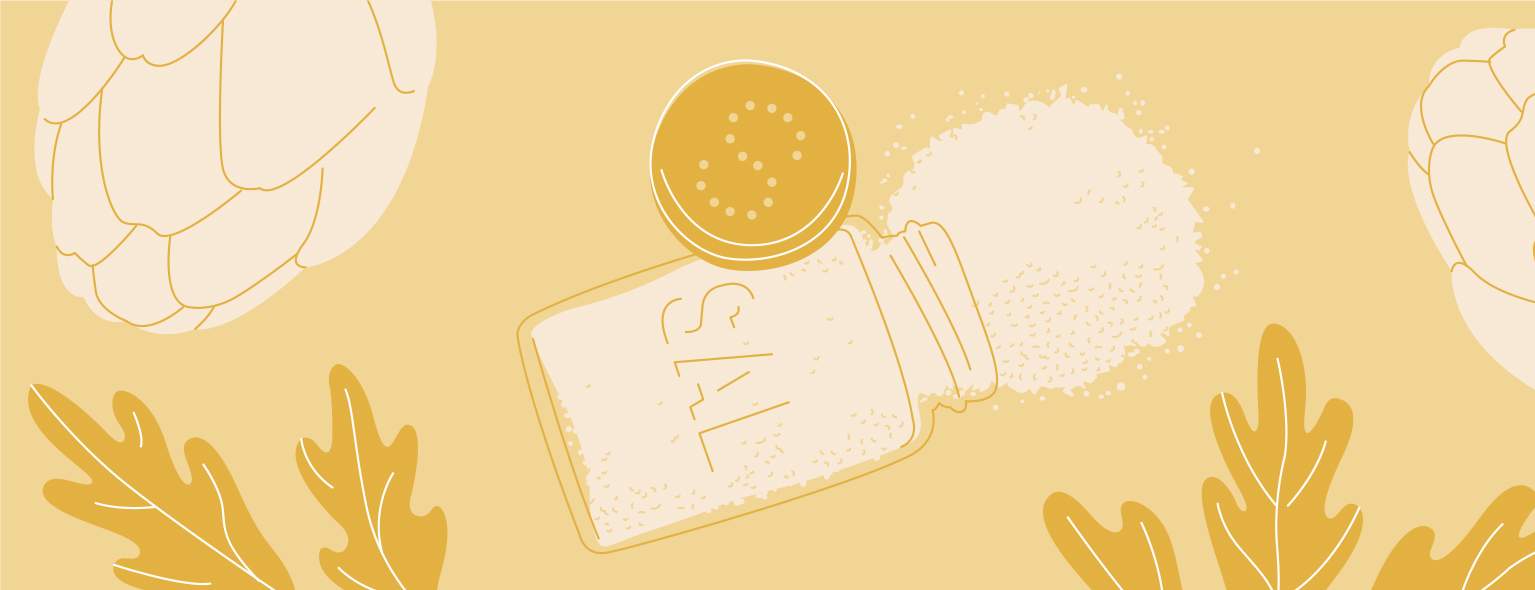If you are regular readers of our blog, you know that artichokes are a vegetable that brings countless benefits to our bodies. In addition, being such a versatile food, we can include them in all kinds of recipes for adults and kids.
But it is also normal to wonder: do artichokes have contraindications? Can all people consume artichokes?
You are one step away from solving these doubts and many more. Keep reading and don’t miss it!
What is an artichoke?
Before commenting on what possible contraindications an artichoke has, it is helpful to know what it is.
Artichokes are a food rich in fiber and low in calories. Not only are they tasty, but many nutritionists consider them a natural resource that helps prevent and treat metabolic conditions such as cholesterol or hypertension.
Artichoke contraindications, myth, or reality?
Artichokes help relieve stomach discomfort after a heavy and hearty meal in the upper abdomen due to excess gas.
It has, in turn, other essential benefits, such as standardized artichoke extracts that
help us prevent arteriosclerosis thanks to its ability to lower the body’s harmful cholesterol levels. It helps to regain appetite and has a purifying action on the liver.
Despite all the benefits of artichokes that we know, we must be careful with the consumption of artichokes since they can have contradictions in some cases, such as in people with biliary obstructions. If bile is removed through the gallbladder, it can cause stagnation. It can also negatively affect people with kidney stones or some pregnant women in an early stage of pregnancy.
Who should not eat artichokes?
We do not recommend artichokes for children under the age of three, as it can lead to indigestion. It’s also not recommended that people with irritable bowel syndrome, Crohn’s disease, intestinal hyperpermeability, or other diseases related to bloated belly, flatulence, or intestinal dysbiosis eat them.
How are artichokes related to people with kidney stones?
In most cases, kidney stones are caused by oxalates, and artichokes have a high concentration of this element, so they should not abuse eating this food. This does not mean that eating artichokes cause kidney stones, but people who tend to have stones should have a responsible consumption if the doctor specifies that they should lower their oxalate levels. If not, there is no problem consuming them.
Is it safe to consume artichokes during pregnancy and lactation?
There is no problem with consuming artichokes during pregnancy, as long as it is done moderately and with control since it is recommended during pregnancy. Medicinal preparations from artichokes should not be consumed in this period since it has not been clear whether or not it’s safe.
It is not recommended to consume artichokes in the lactation period because they can decrease milk production. If used as a medicinal plant, its effects can be increased by making it more effective, and in this case, any breastfeeding mother should avoid pills or infusions of artichoke leaves.
At Cynara, our commitment is to you, and your health comes first. We hope these tips clarify any misconceptions around artichokes.
See you on our next blog!
 Skip to content
Skip to content
